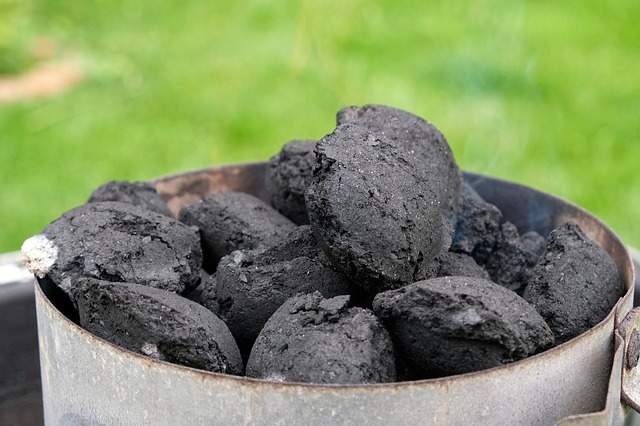Charcoal Supply Chain Issues Addressed
Stakeholders had reported charcoal supply chain issues claiming that non-conforming charcoal carrying the FSC label had entered the market either deliberately or in error.
To address the complaints FSC and Assurance Services International (ASI) carried out an investigation in 2018 into alleged problems in the charcoal supply chain. The investigation used two primary tools: Wood anatomy testing of species composition, and transaction verification in which ASI verifies volumes recorded as traded between trading parties to identify discrepancies.
The 2018 investigation uncovered concerning results: almost 5 per cent of the 6,000 tests for species composition showed the timber used for producing the charcoal was not likely to originate from an FSC certified forest. When comparing volume records, investigators found that in 900 transactions, the claimed volumes traded did not match between trading parties.
FSC responded by taking action to terminate 63 FSC certifications between 2018 and early 2019. Furthermore, products were removed from the market.
A follow-up round of 5,000 tests on species composition in 2019 found none to be problematic. This result indicates a significant improvement in the integrity of FSC product claims in the charcoal supply chain. It is expected that the upcoming transaction verification for trades conducted in 2019 will show similar reductions in the volume mismatches.
These results were made available in FSC’s report Ensuring the Integrity of FSC’s Charcoal Supply Chains.
Testing was conducted on over 270 organizations by verifying FSC-related transactions between parties along the supply chain.
FSC will continue to perform wood anatomy testing and transaction verification on products from companies trading charcoal in FSC supply chains, to maintain the integrity of the charcoal supply chain.
Kim Carstensen, Director General of FSC said: “Consumers want to be confident that when they buy an FSC product, it meets the highest social and environmental standards. Therefore, the integrity of our supply chain is at the core of everything we do. If we hear reports of misuse of the FSC label, we will investigate and take action where needed. This includes suspending guilty parties from the FSC scheme.”
The Wider Integrity Challenge
The case of certification violations in the charcoal supply chain is just one example of FSC’s fight to improve supply chain integrity. As FSC grows and the number of chain of custody certificate holders increases, so does the scope for integrity issues to occur. As with charcoal, FSC takes these seriously and investigates them thoroughly using certification audit data, manual transaction verification, fibre testing, and other methods.
Other FSC supply chains with potential integrity risks are also currently under investigation: Bamboo, White Oak, Callophyllum and Paulownia. FSC will continue to investigate and take corrective action when needed.
Learning from these experiences, FSC is investigating ways to further reduce certification violations in the system, such as requiring audits even when certificate holders report no sales and identifying more clearly in FSC’s public database those certificate holders that do not report sales.
Looking forward, FSC has begun the development of a blockchain-based transaction verification platform. A pilot study will take place in 2020, with a plan to consult stakeholders before introducing it into the FSC system.


